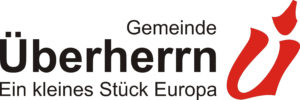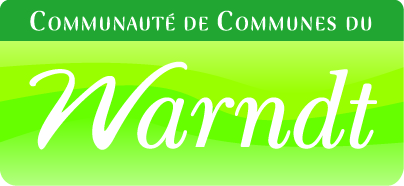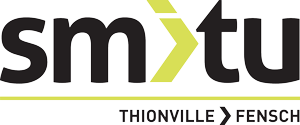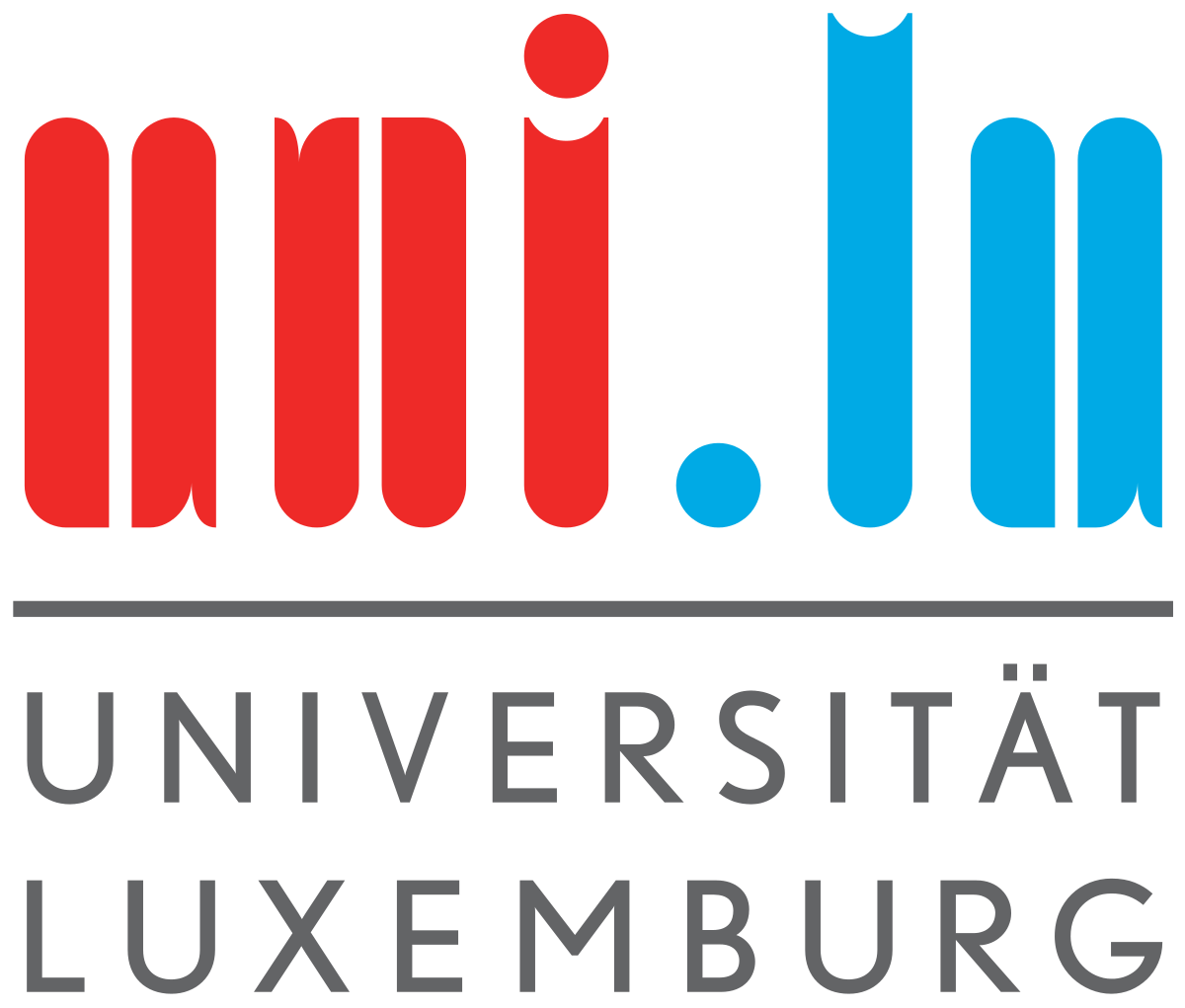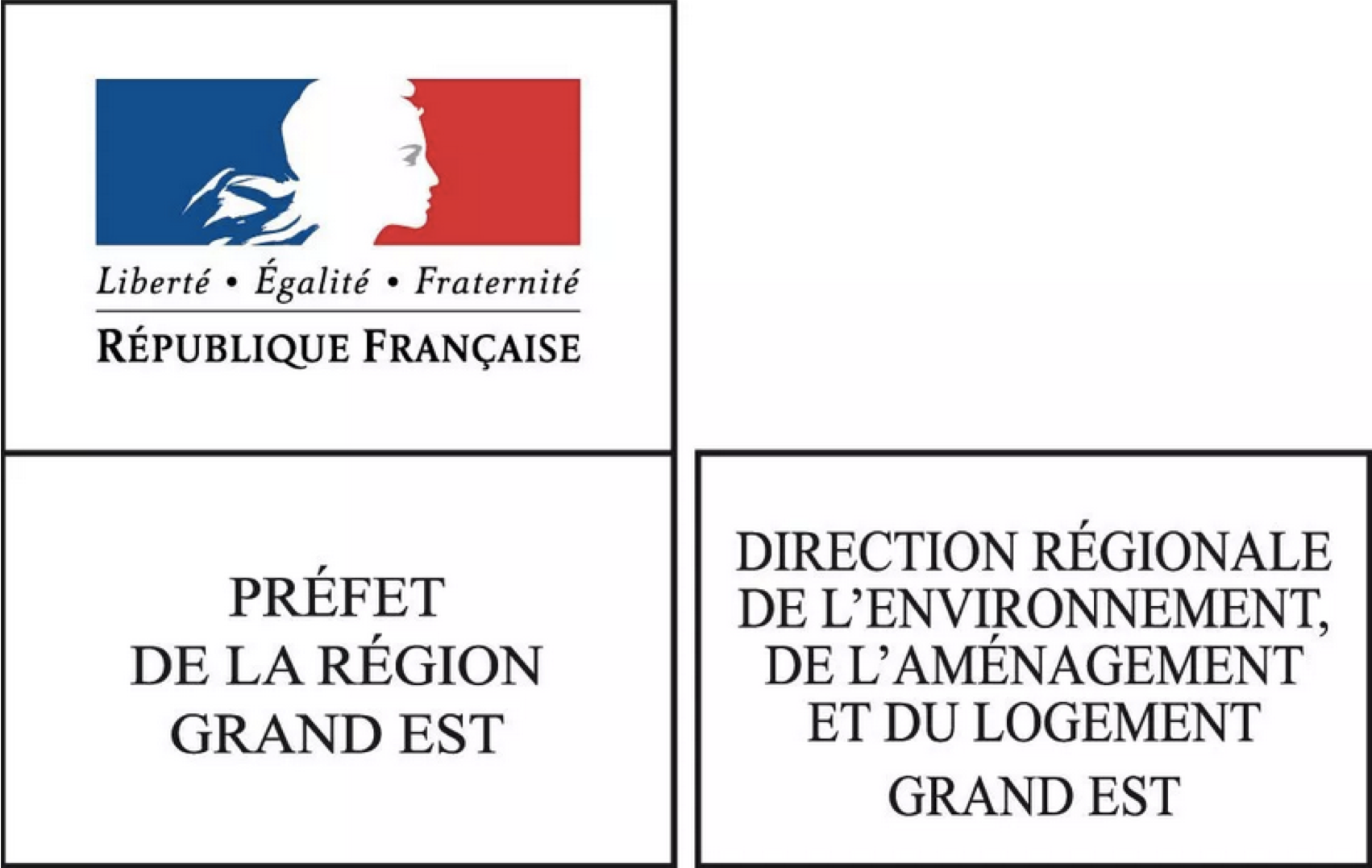TERMINAL is an international project for which an interdisciplinary team of 15 partners from universities and research groups, administrative authorities and private companies have joined forces to make the mobility of the future in the Greater Region more attractive for workers and trainees.
Under the leadership of htw saar, the project partners will investigate various issues in the areas of automated public transport, mobility "on-demand" and user acceptance and develop appropriate solutions.
The project is supported by the "INTERREG VA Grande Région" programme by the European Regional Development Fund (ERDF).
htw saar is the lead partner of the TERMINAL project. Its responsibilities include project management and the entire organisational process. In addition to organising project meetings, it will be responsible for the dialogue with citizens and public relations as well.
The research group for Traffic Telematics (FGVT), headed by Prof. Horst Wieker, deals with comprehensive information and communication architectures in general. The main focus of FGVT is currently set on the solution of mobility problems through information and communication technologies.
In the TERMINAL project, the FGVT will define technical application cases for the cross-border test field and examine all technical prerequisites for practical testing. This includes the preparation of the specifications for the purchase of the shuttle as well as the equipment of the vehicle and the test track with a trustworthy communication architecture.
The Institute for Supply Chain and Operations Management (ISCOM), headed by Prof. Bousonville, specialises in applied research and technology transfer in transport and logistics.
In the research project TERMINAL, ISCOM, together with the University of Luxembourg and Imove, will analyse the effects of automated driving on users, transport and work in local public transport.
The objective of teaching and research at the Institute for Mobility and Transport (imove) is to analyse current trends in order to develop solutions for the sustainable design of mobility and transport.
In the research project TERMINAL, imove will investigate in Action 7 the potential and transferability of innovative, autonomous and mobility on Demand service concepts based on the technical data and the results of the user survey. The shift effects from MIV to public transport and to newly induced traffic are to be analysed and new mobility models are to be developed. Recommendations for action for municipalities and mobility service providers - for possible operating and service models - will be derived from these results.
The role of the Interdisciplinary Centre for Security, Reliability and Trust (SnT) is to test an autonomous vehicle control system that uses Artificial Intelligence (AI) in a cross-border context. In collaboration with the other project partners, a concept of on-demand mobility will be presented towards the end of the project.
The Loria is a computer research laboratory covering several themes (data mining, Artificial Intelligence, Cyber-Physical Systems). The SIMBIOT team of the Loria is involved in the TERMINAL project to study safety risks in communications between vehicles and road equipment. Its action ranges from specifying potential attacks to building a reliable and secure communication architecture.
In the TERMINAL project, the Ministry of Economy, Labour, Energy and Transport (MWAEV) represents the local German administrative side and is involved in the European and national legal framework and in the evaluation of the tests carried out.
Regarding the approval, respectively the special authorisations for the test vehicles in the digital test field D-F-LUX, the MWAEV is represented in the transnational working group under the leadership of LUX.
Furthermore, the MWAEV has a coordinating function within the digital test field Germany-France-Luxembourg and is the local contact for approval procedures in Germany, especially in Saarland. Furthermore, the road construction and traffic responsibilities for the different road classes are coordinated here.
In addition, MWAEV provides technical support in the planning and implementation of any necessary traffic-relevant construction measures and actively participates in the citizens' dialogue in order to achieve social acceptance for new forms of mobility.
In parallel, the ministry is preparing a study on the mobility needs of the Saarland population, including commuter flows. This mobility concept for the Saarland is currently in the analysis phase. It is expected to be completed by mid-2020.
Utopian Future Technologies SA (UFT) provides the software for the project. This software makes it possible to define areas in which a shuttle service is offered. Customers can use an app to submit a trip request and then receive trip suggestions. The software bundles different customers under certain conditions and calculates the resulting route as well as the individual times for the customers. This information is then transmitted to the autonomous bus, which can then serve the demand autonomously.
Strategic Partners
All associated partners have a comprehensive methodological advisory and monitoring function.
While the municipality of Überherrn and the Community of Municipalities of Warndt offer technical assistance to help establish the project in their municipalities, state institutions will provide support in issues related to mobility and autonomous driving regulations.
KVS GmbH will offer its assistance in planning the field trial and will provide a driving operator and charging station for free during the entire test phase.

